Railway Travel in World War Two
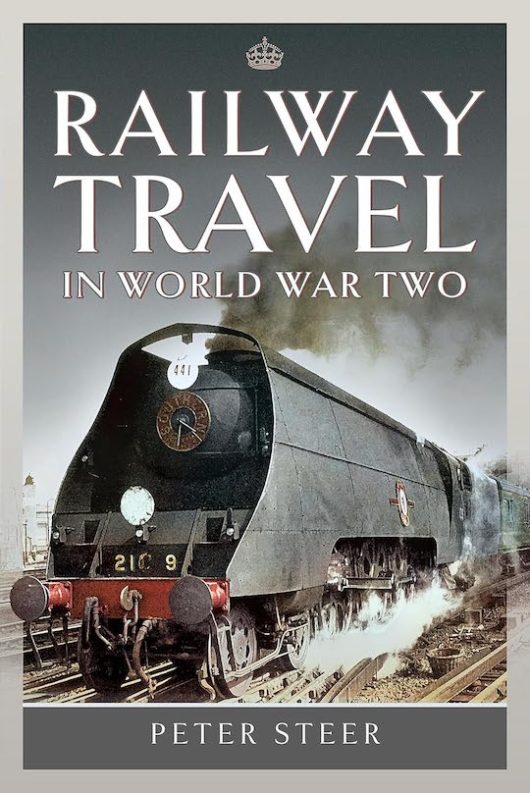 by Peter Steer
by Peter Steer
“There have been overviews of British culture—cinema, radio, journalism, etc. and insights into the social history of the war period as well as accounts of everyday life during World War Two. These too do not give any insight into the part the railways played in providing mobility to the British public, but perhaps this is not surprising since the railways were such a familiar and reliable element of everyday life that they simply blended, unnoticed, into the public consciousness.”
The title could have used three more words: “in the UK.” If you already recognized the Southern Railway (British Railways) logo on the loco on the cover you might have surmised as much. (The loco’s 4-6-2 wheel arrangement on its own would not yield much of a clue because this type, almost universally referred to as a Pacific type, is so named after an American model.) But this is not a book for gearheads anyway and really caters to a diverse bunch of interests.
World War Two has been over for a while and you may well be surprised to glean from this book that still today—make that especially today—fundamental phenomena are being reevaluated because the previous state of discovery or interpretation is found wanting. Simply put, the key question the book seeks to answer is: was it considered anti-social to use the railways for nonessential purposes during wartime? Alas, this book puts nothing simply, which is not meant as put-down but has to do with the fact that the book is an expansion of an academic dissertation on this very subject and even after the transition to a general-interest, mass market publication remains densely packed with facts and stats. There simply are no easy answers, and Steer has reviewed piles of official records, personal recollections, and contemporary news sources to make his case.
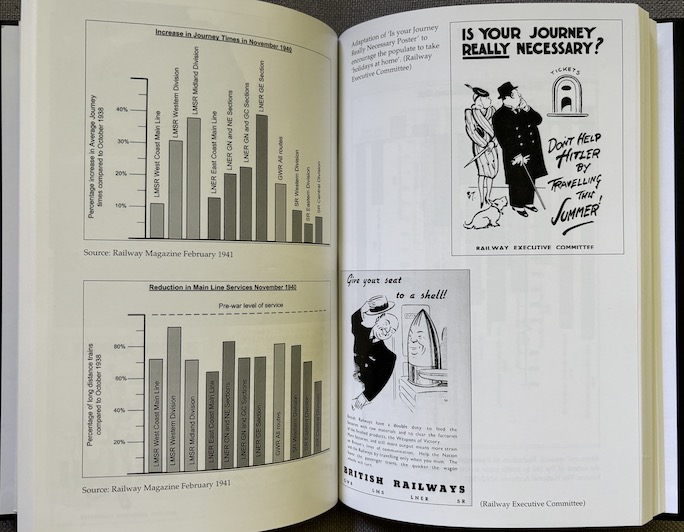
The story of how the exact language of the various posters was arrived at is a worthy topic all on its own. Foreign readers will have to remind themselves how class-conscious British society was.
For a long time, received wisdom as expressed in writings over the years was that people must have abused the system or the government would have had no cause to mount that vociferous “Is Your Journey Really Necessary?” campaign in the first place. Certainly, the railway system was stressed as the rapid long-distance movement of troops and materiel had to take priority. An early discovery you will make here is that the agency that managed the railways, the Railway Executive Committee (REC), took a different view from that of the government. After all, does it not also constitute “essential” use when the public is forced to travel for reasons not of its own doing—jobs being moved out of the capitol to the presumed safety of the provinces, or children evacuated to the countryside while parents have to remain at their “essential” job in the city, both of which necessitating travel that the government subsidized by means of discounted ticketing schemes? A further point of friction was that any rail system anywhere takes pride in its ability to scale up and down based on demand, something the REC referred to as dealing with “the traffic that presents itself.”
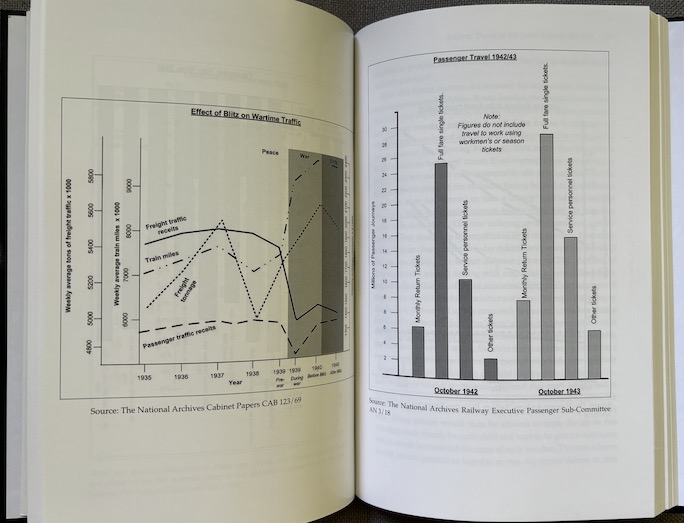
Plenty of graphs and charts. . . . The one on the left is a particular puzzler: “Effects of Blitz on Wartime Traffic” correlates four different activities with several metrics.
Steer is a life-long railway enthusiast but worked professionally as an engineer and manager in the electricity supply industry. In retirement he took on the editorship of the aforementioned Southern Railway’s in-house magazine—and he acquired a degree in Railway Studies for which he wrote that dissertation. The book shows how mobility needs on the “ordinary” services (as distinct from the “special” services) changed in response to war requirements, from the declaration of war to the peak war year, 1944, and especially the top-secret Operation Bolero that was two years in the making to prepare for the Allied invasion.
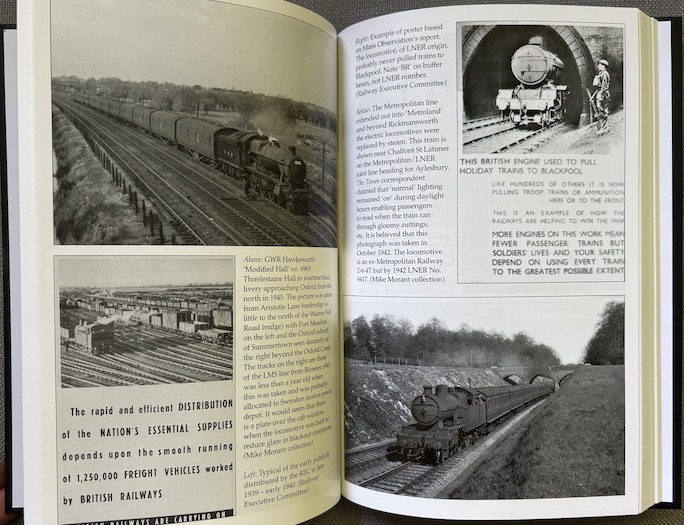
At times, this is not an easy read, and, again, this is not meant as a demerit. A thorough Bibliography includes a separate listing for records at the National Archives (for anyone who wants to know even more) and an Index with an entirely appropriate level of detail round out the picture. Speaking of pictures, there are only a few and they are all bundled into a stand-alone section printed on glossy paper. There are no maps.
Copyright 2024 Sabu Advani (speedreaders.info)


 RSS Feed - Comments
RSS Feed - Comments



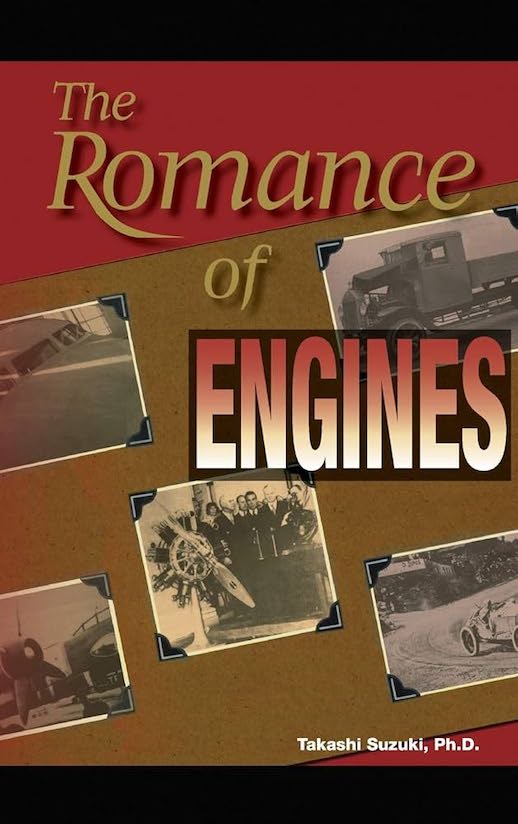



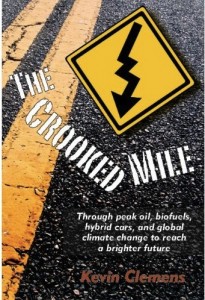








































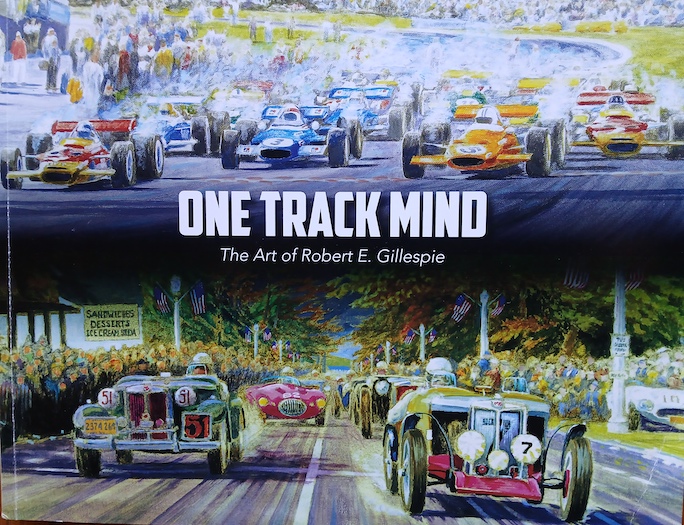









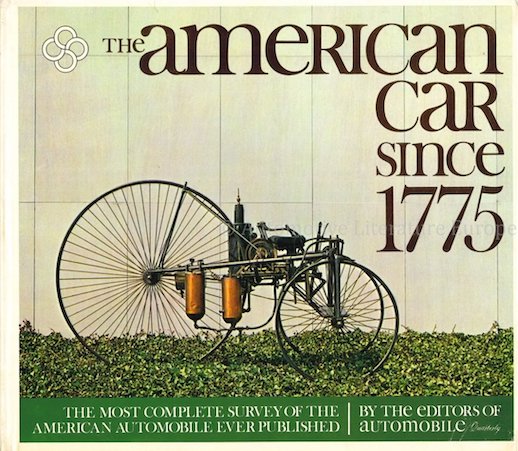




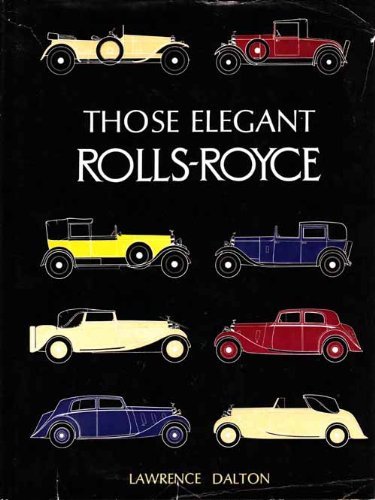

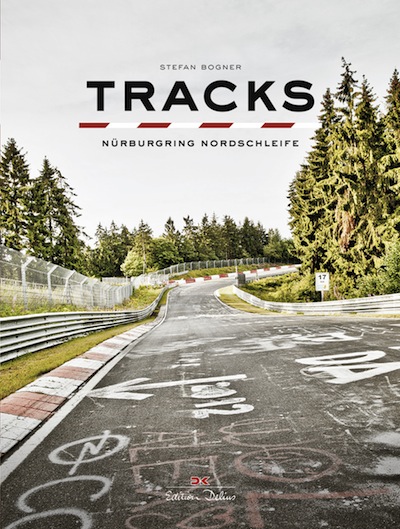




 Phone / Mail / Email
Phone / Mail / Email RSS Feed
RSS Feed Facebook
Facebook Twitter
Twitter